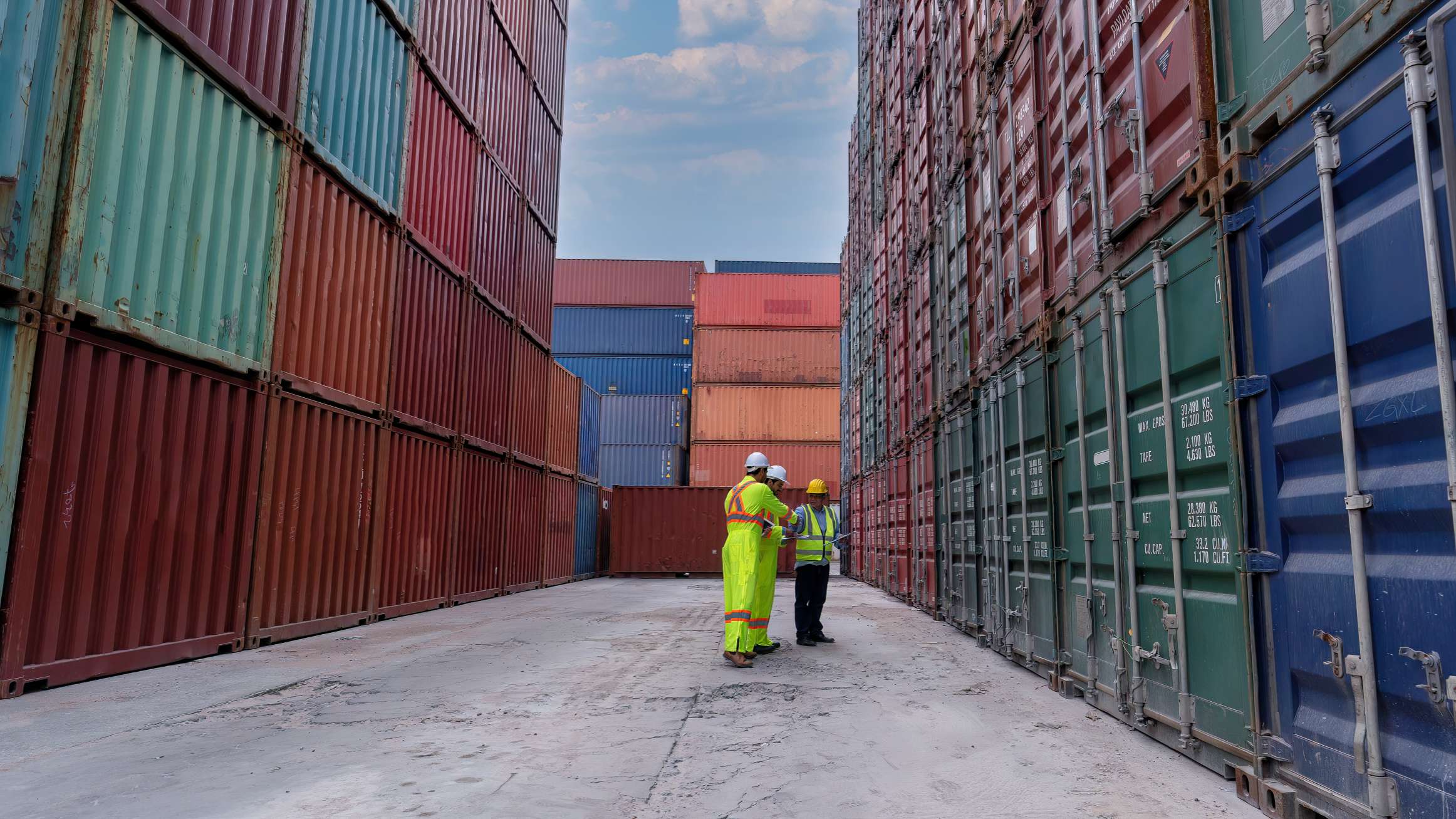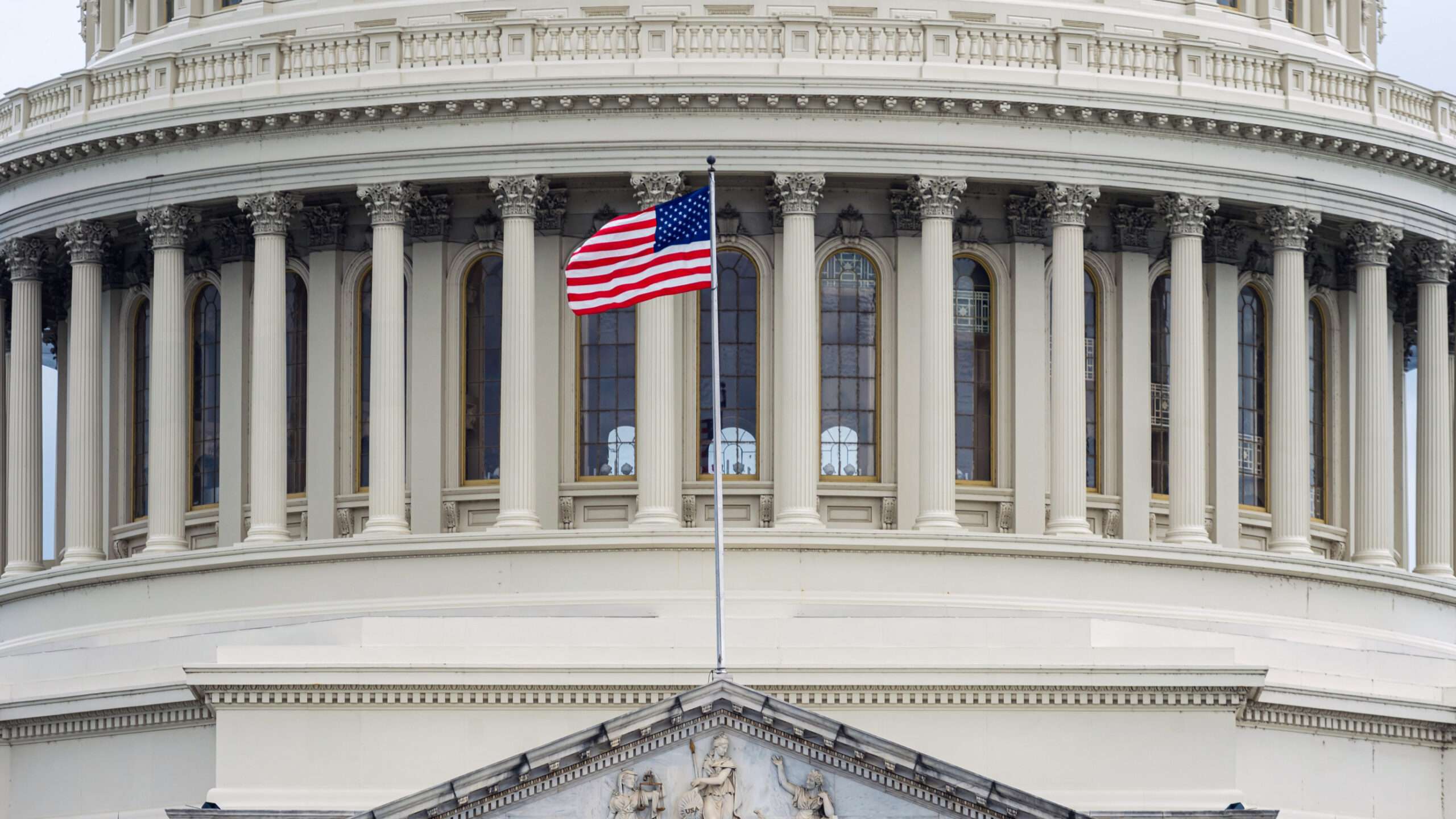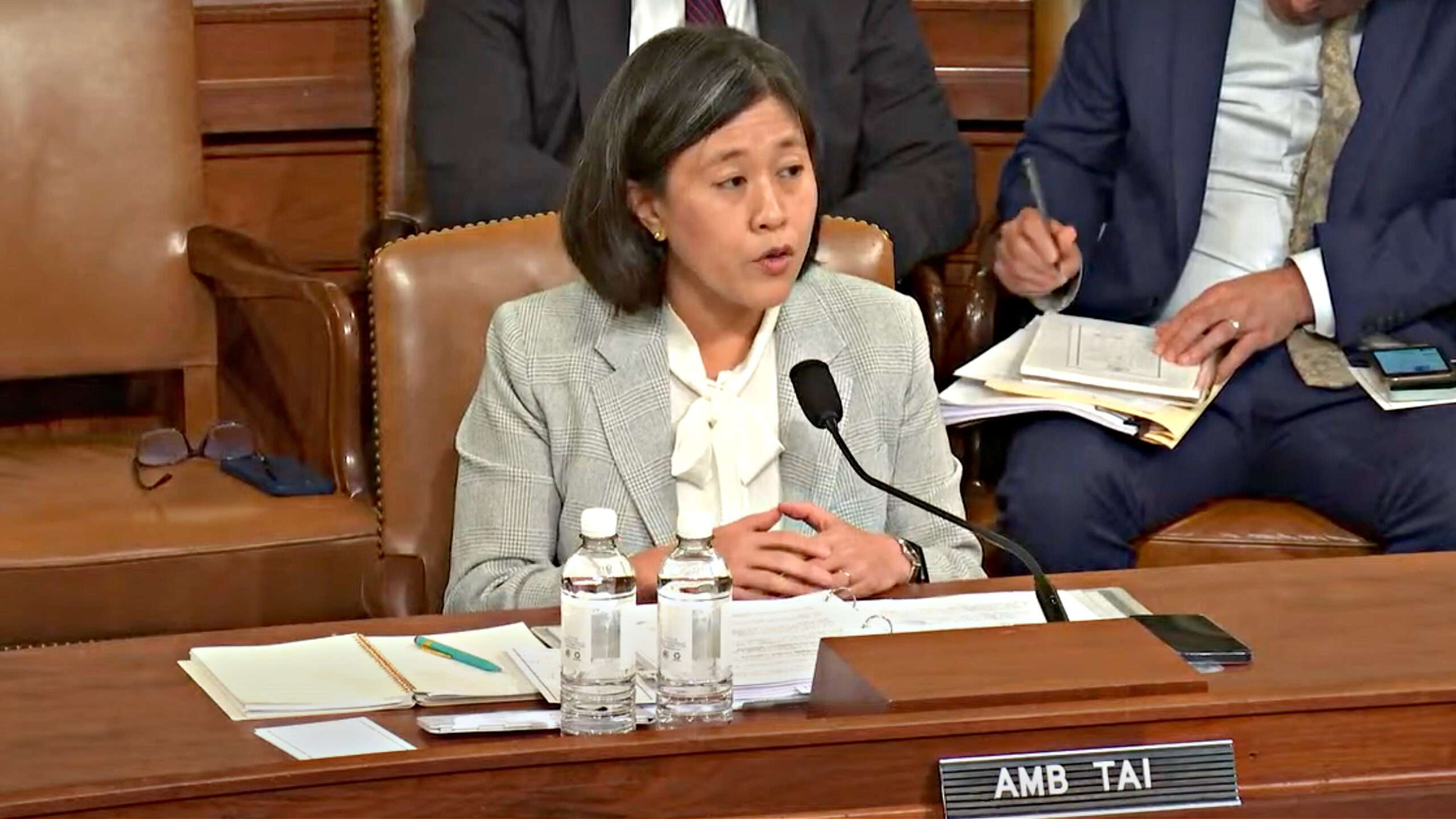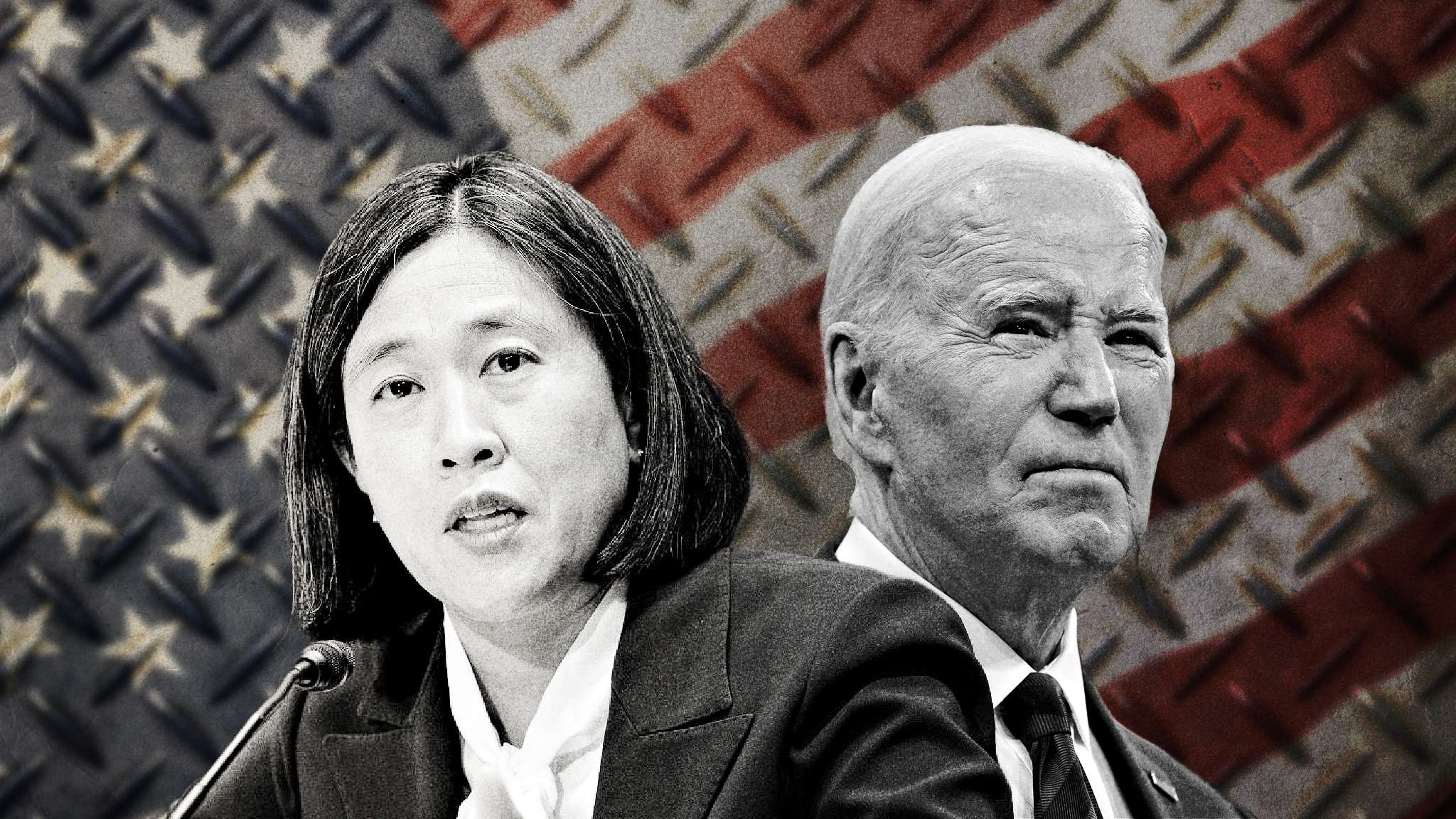By Michael Stumo
I was in Washington last week discussing future trade policy with both GOP and Dem offices. What struck me is the focus on process in trade deals and a discomfort with performance based goals.
Let’s say we renegotiate NAFTA. What should we do?
Many congressional offices that want trade reform have a list which may include: currency manipulation, labor and environmental standards, investor-state dispute settlement, and rules of origin.
Those are good goals. However, which ones address our trade deficit, US jobs and making things here?
Currency misalignment has a big impact on trade balance. But it is not the core problem with NAFTA because neither Mexico nor Canada are currency manipulators.
Labor and environmental standards are really moral standards. Labor standards are adherence to International Labor Organization standards which allow freedom of association (the right to unionize), barring child and slave labor, and eliminating employment discrimination. Environmental standards address pollution in trading partner countries. Both are morally defensible if not, depending upon your point of view, crucial. But they are not directly related to net creation of US jobs and industry
Rules of origin (ROO) are important economically to the US. ROO specify what goods can be treated as coming from within the trade agreement area so as to benefit from low tariffs. Third country products should not receive low tariffs because the third country did not sign the agreement or concede anything. It is a “free rider” problem. Trade negotiators tend to water down rules of origin in international agreements because of the view that origin does not matter. They are products of the world, which is all that matters.
Investor-state dispute settlement (ISDS) allows companies in trade agreement countries to sue other countries for unlimited damages to be paid for by taxpayers without appeal. ISDS bypasses perfectly serviceable domestic court systems. Arbitrators are corporate lawyers ungoverned by ethics rules and who represent clients before the tribunal one week while sitting in judgment the next week. It is a bad system that harms US sovereignty while unduly empowering transnational companies. But its economic impact overall is hard to see. Removing ISDS from trade treaties will not have a significant trade performance result.
Transparency in trade agreement negotiations is also necessary. The secrecy of Michael Froman’s USTR was disturbing. Transparency can improve results for the country and lessen crony-capitalism/special interest domination. But it is not a performance goal. It is a justifiable process goal.
Thus, Congressional offices need to start coming to terms with performance goals for trade policy. Trade policy is more than trade agreements. Performance goals really mean that we are net winners. We must move towards balanced trade as the goal. Process goals are fine, but they are different than performance goals.
Trump is a businessman presumably used to focusing upon performance. Hopefully he does so when he embarks upon his trade policy rethink that includes NAFTA renegotiation or withdrawal or future bilateral deals.













